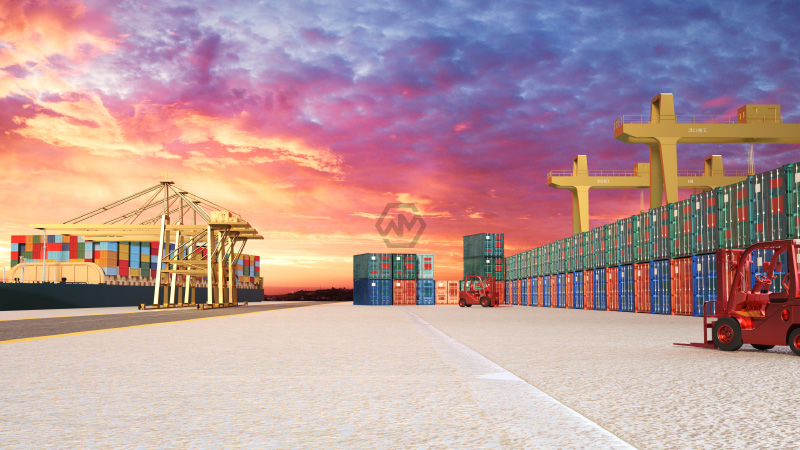Dockers and a gathering addressing dockworker bosses on the US West Coast have agreed to fight off a potential strike that organizations dreaded could cost the US economy $1 billion per day.
The arrangement comes following 13 months of questionable discussions. US President Joe Biden this week sent his acting Secretary of Work, Julie Su, to push for an arrangement after inconsistent work stoppages that eased back freight traffic at ports from Seattle to Los Angeles.
Fearless US West Coast Ports Deal
The starter six-year contract arrangement arrived on Wednesday and covers 22,000 laborers and 29 ports on the West Coast.
In an explanation, Su said the conditional understanding “carries significant security to laborers, managers, and our nation’s store network.”
The arrangement denotes the second intercession by the Biden organization to keep freight streaming at ports on the US West Coast. In late 2021, the President had to address bottlenecks at the twin ports of Los Angeles and Long Oceanside, which have been a significant reason for US production network disturbances.
Biden, who crusaded on his supportive of work position and is running for re-appointment in 2024, stepped in to deflect a stop in ports that might have hampered progress on cutting expansion.
The exchanges were described by progressively warmed contentions. On Monday, the Pacific Oceanic Affiliation, which addresses transporters and terminals, denounced the Worldwide Longshore and Distribution Center Association, which addresses dockers, of leading “troublesome activities” that veered off from their public assertions.
- The ILWU, thusly, blamed the port administrators for controlling media inclusion of the disturbances to impact the talks.
- As the question raised, merchants had prepared themselves for deficiencies and greater expenses, and agrarian exporters were supposed to be among the quick to be hit.
- The work debate took steps to disturb the bustling transportation season as retailers arranged to load up for the Christmas season.
Delays have likewise constrained hamburger transporters to freeze crude production that should be conveyed chilled, slicing their benefits by up to 80 percent and harming associations with Asian purchasers, said Peter Friedman, chief overseer of the Farming Transportation Alliance, an exchange bunch that addresses transporters.
Many were at that point at generally low inventories after increasing financing costs incited some to run down their well-being stocks, noted Brian Pacula, a production network master of counseling firm West Monroe.
The Port of Los Angeles, the most active port in the US, dealt with 27% fewer compartments this year than in the initial five months of 2022.
Notwithstanding, the talks occurred against a scenery of facilitating pressures on US supply binds contrasted with the burdens experienced during the Covid pandemic.
The typical cost to deliver a compartment from Asia to the US west coast rose 19% to $1,569 last week because of expanding port obstructions, yet stayed 85% lower than a year sooner, as indicated by Freightos, a supplier of cargo information.



